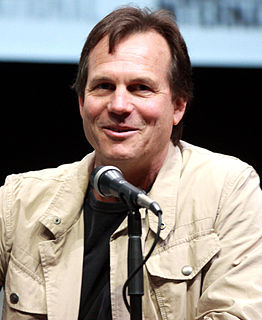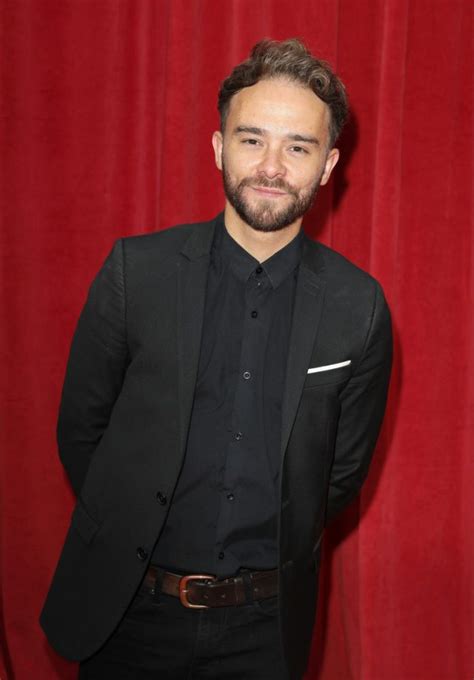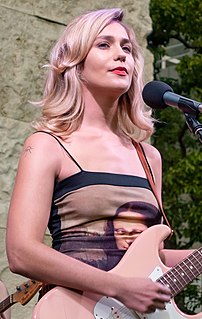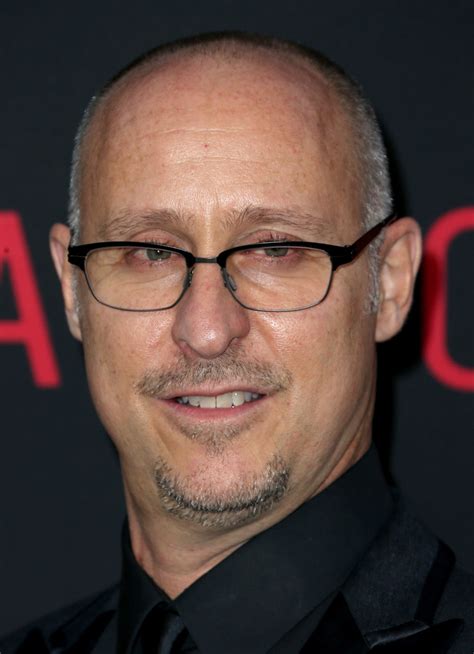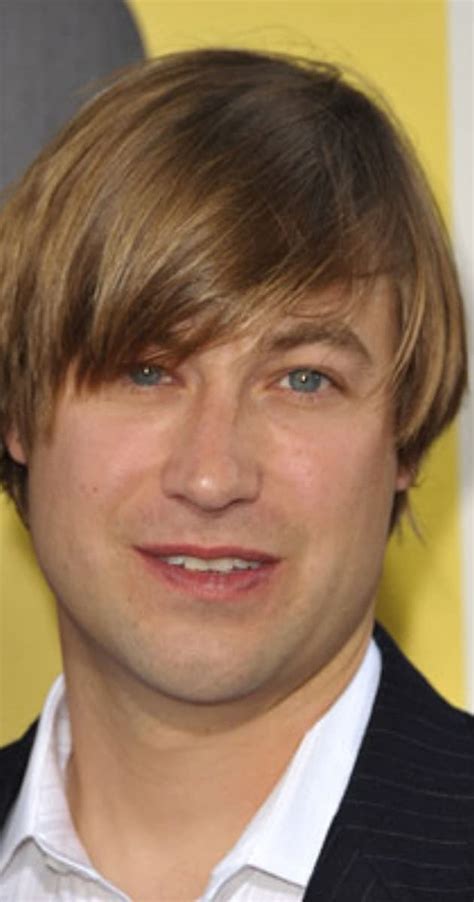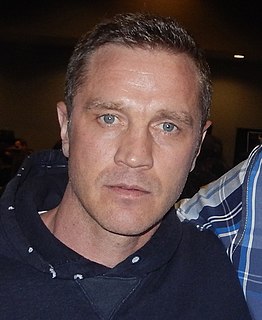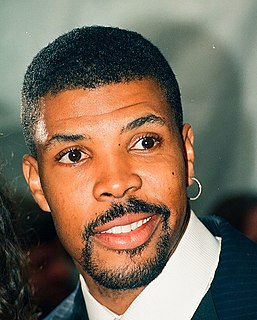A Quote by Madonna Ciccone
I've been inspired by films since I started dancing, and I'm married to a filmmaker, and I think it was one of my secret desires, but I was afraid to just say, 'I want to be a director'. But then one day I said, O.K., stop dreaming and do it. But I didn't want to do it the Hollywood way, and talk through agents. I decided it all had to be generated by me, so I wrote it.
Related Quotes
Never stop. Never stop fighting. Never stop dreaming. And don’t be afraid of wearing your heart on your sleeve - in declaring the films that you love, the films that you want to make, the life that you’ve had, and the lives you can help reflect in cinema. For myself, for a long time… maybe I felt inauthentic or something, I felt like my voice wasn’t worth hearing, and I think everyone’s voice is worth hearing. So if you’ve got something to say, say it from the rooftops.
I've never like had a system or a program, I always think that I don't know how to act. I'll adapt to any director because I don't really have a set way that I do things. If a director hires me and says, "I want you to get started right now and do this research, this research, this research and I want you to have every line memorized before you ever show up for the first day," then that's what I'll do.
When I was about 17, I didn't speak. English was like a foreign language. I'd just grunt. The only time I talked was when I said my lines on set. I didn't speak to any of the actors or anything. Then one day Alison from the Corrie press office started talking to me in the green room and I just decided to talk back. She ran upstairs to tell everyone that she'd just had a 10-minute conversation with me like it was the most unbelievable thing in the world. I just woke up one day and thought, 'I'm going to talk today'. I've really made up for lost time since.
As soon as I saw myself beginning to be way too comfortable on a film set or TV set, and not stimulated by it the way that I had been that had brought me to want to be there professionally and creatively, was the moment that I started getting really, really sad. I decided, "Okay, I just want to actually be here, how can I make this be interesting for me?"
There is still so much that I want to see and do, but for me, it's the pure satisfaction of doing what you really want. I always had a problem doing things that I didn't want to do. I don't have a problem when my director says: "Don't do it like this; I want it like this." But generally in life, I like to do what I want, and for me the best way is through acting and making films.
I always say to my agents, you go through one of these big kind of movies, everyone makes money, but like, I said, 'I'm the one who's gotta go make it, and if I don't have my heart in it, and it's like a love affair, I'm not going to do a good job. Then, and I don't want to just get paid. I just, I don't want to do that.'
When I was 15 or 16 and I started climbing up the ladder of success in amateur boxing, a reporter asked me, "What do you want to be?" I think he was expecting me to say, "A champion." I said, "I want to be special." I don't know why I said that, but I didn't just want to be a fighter. I wanted to have an impact with people, particularly kids.
I didn't want it to be this way." "Yes, you did," she said, "because it is." "I just want to be with someone normal," he said. "I just want to have a normal life." "Excuse me," she said. "You're a little crazy," he said. "You're too old to act the way you do. You've got to grow up. You've got to take care of yourdelf. I'm afraid for you. You can't think that people are going to take care of you all the time.
Before writing a single note of music, and even before the spotting session, I find it best to sit down with the director and just listen to him or her talk about the film - what they're trying to say, what they want the audience to understand or believe, and a thousand other similar questions. The director has most likely been living with the film for years before a composer is attached, and so the director's inclinations, desires, and understanding of the film are paramount.

